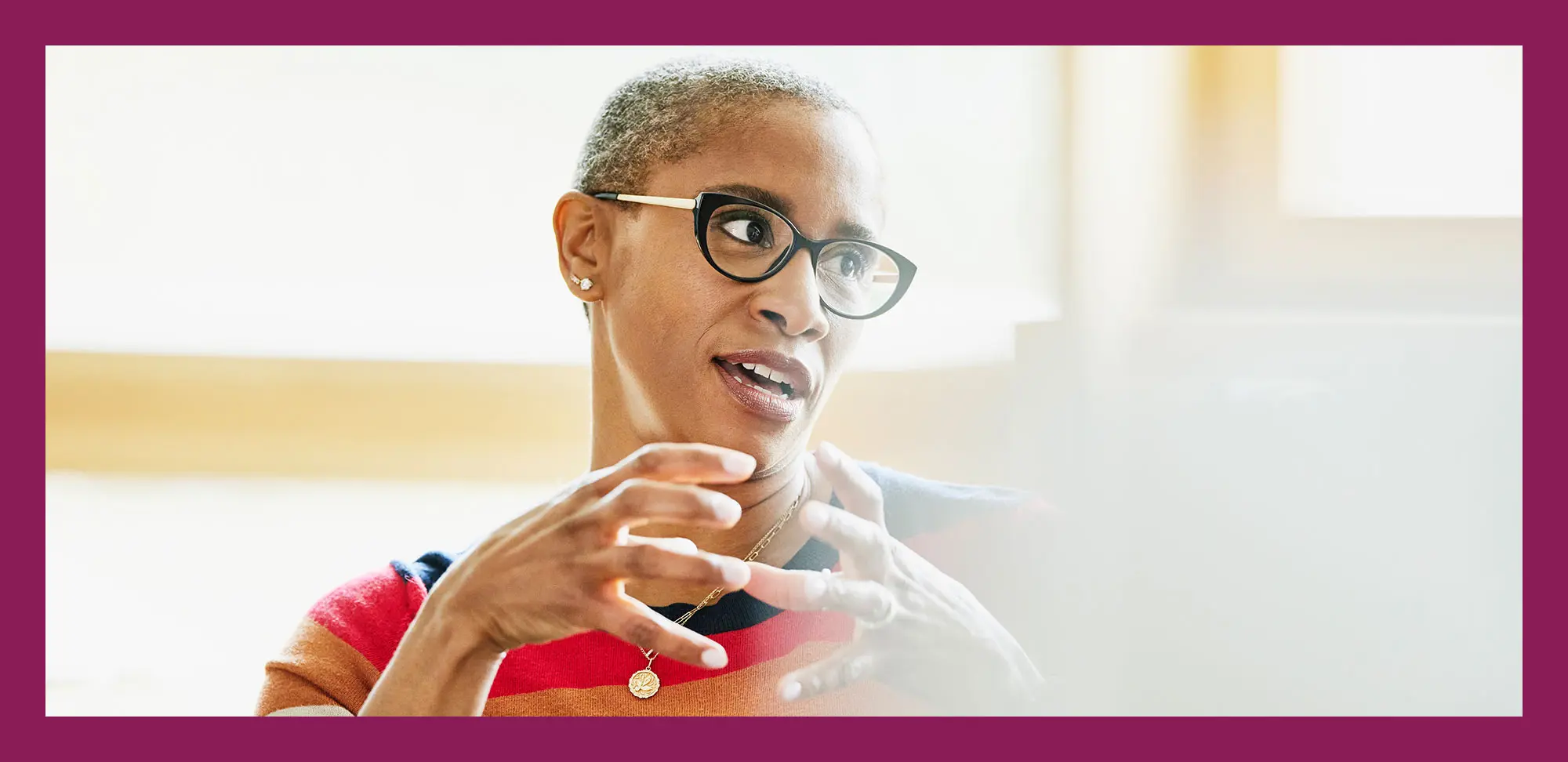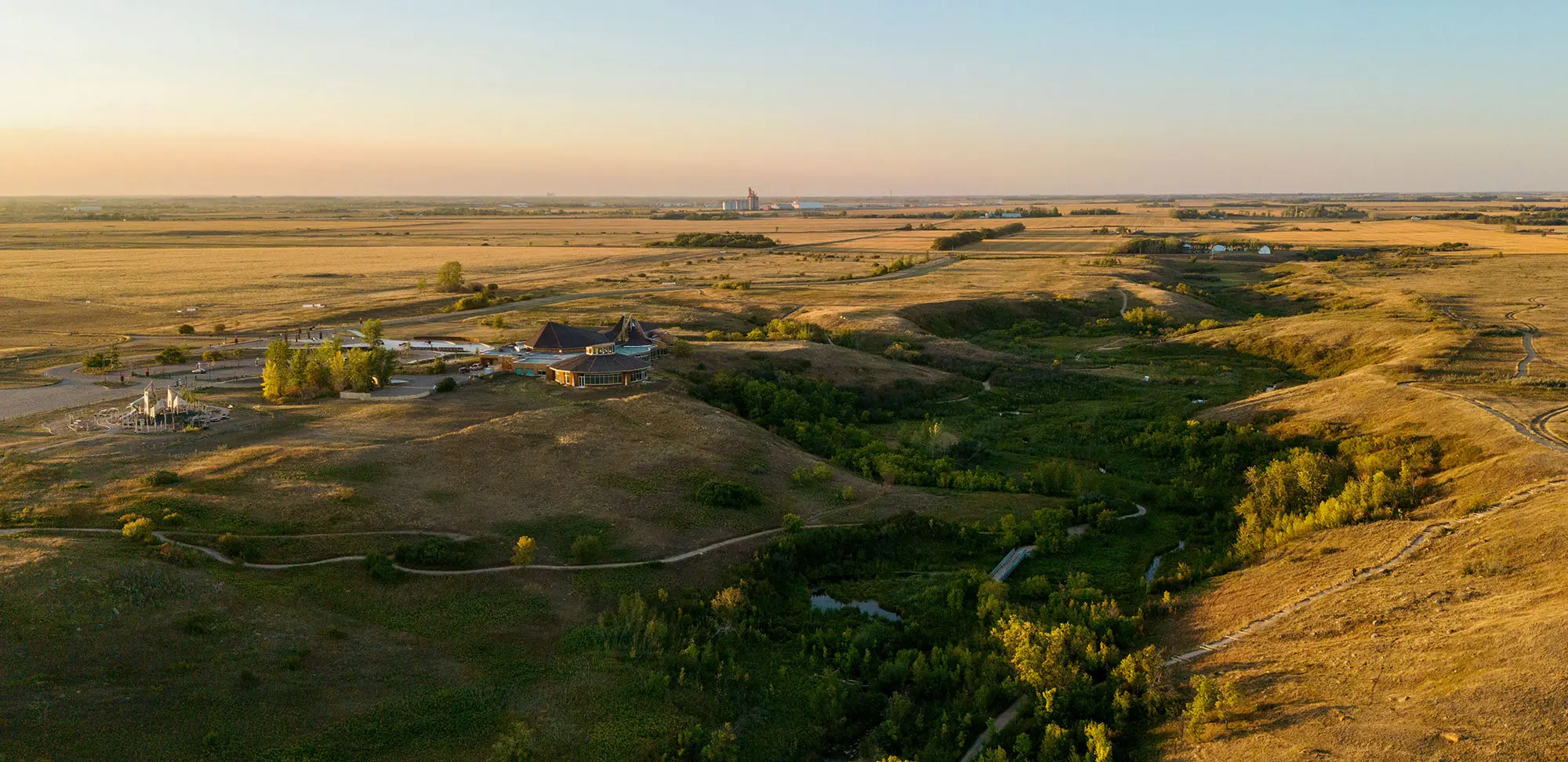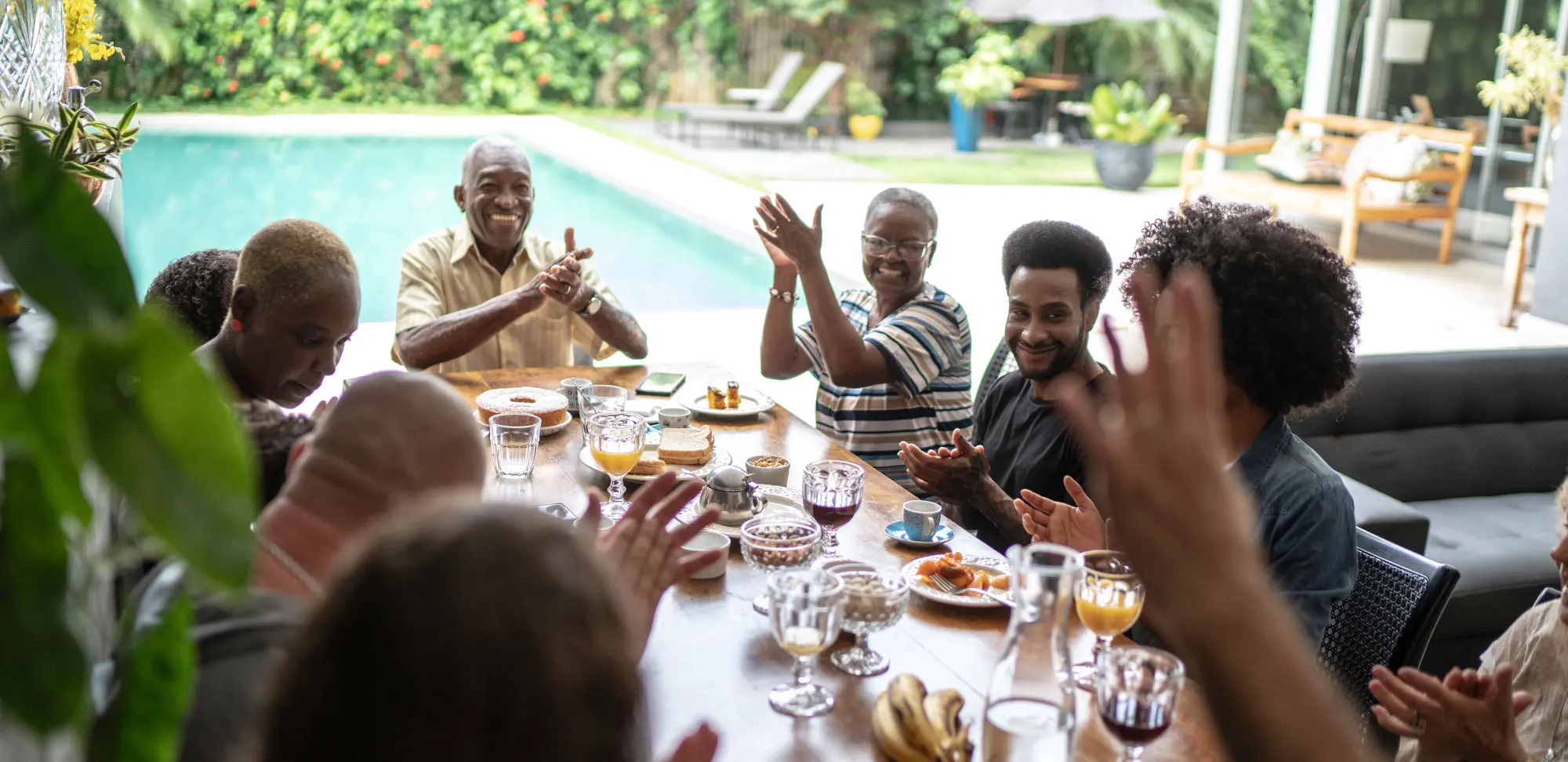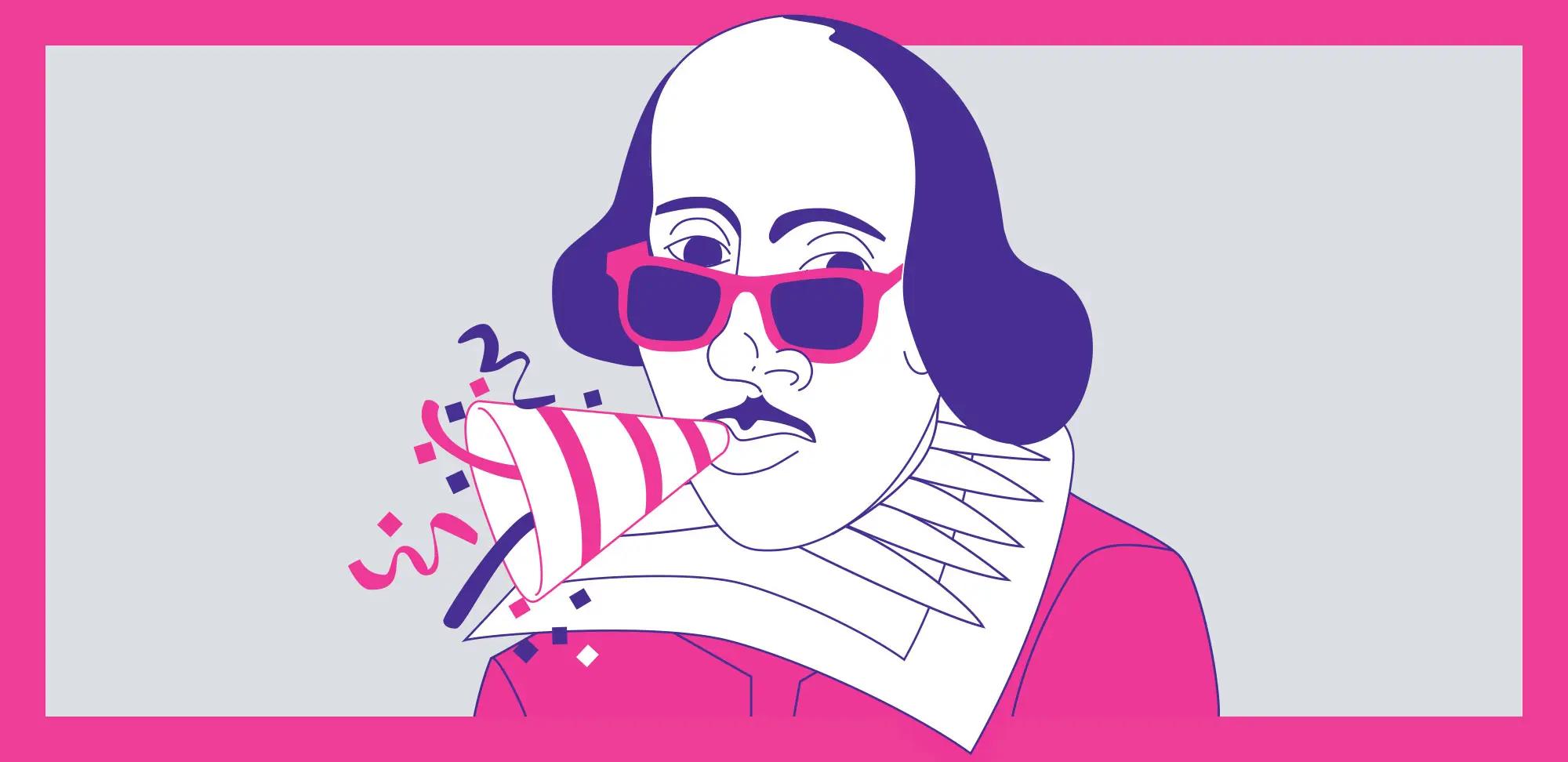If I were trying to get my Canadian citizenship, I’d be waiting another four to eight weeks to try again. That’s because I failed a simulation of the citizenship test; a pass is 75 per cent. And, if I’m honest, my score of 65 per cent was a bit lucky, because I guessed at some of the answers.
Do you know when the Canada and Quebec Pension Plans were devised? It was 1965. I got that one by guessing. How about this one:
I picked C, which is wrong. You might be thinking, “Of course. He was A, a popular governor general of Canada.” Or maybe, like me, you’re guessing.
The Canadian citizenship exam consists of 20 multiple-choice or true-or-false questions about history, geography, economy, government, laws and symbols. Test takers have 30 minutes to complete it. After taking the test, they meet with a citizenship official for an interview to evaluate their language skills in either English or French.
Five RTOERO members and I took one of the many free simulation tests online. We took it unprepared. If we had actually been going for citizenship, we would have pored over the government’s official study guide (see page 23) and perhaps connected with settlement organizations in our communities for support. Here’s how the RTOERO members fared.
 John Cappelletti
John Cappelletti
(District 34 York Region)
“How would a new Canadian know all this stuff?” That was John Cappelletti’s response
after completing the simulation test, which he also took — and passed — on Zoom, with me watching.
He feels the test questions should be designed to prepare new Canadians for citizenship. “I think they should be asking contemporary questions,” he said. “What are the political parties? Does Canada have a seat on the UN Security Council? Who is Canada’s largest trading partner? Even to name the current prime minister and explain the role of the Senate.”
Cappelletti acknowledged that this simulation was created by a company that ultimately wanted to sell us a program to prepare for the citizenship test. “This might be cynical,” he added, “but maybe they made their sample test extra-hard to make people think they need to buy something.”
 Marg Booze
Marg Booze
(District 49 The Prairies)
“Oh geez,” said Marg Booze as she read one of the simulation test questions on Zoom with me. “Many Canadians who were born here, which I was, wouldn’t know this,” she added. Booze also found herself guessing at answers and didn’t pass. “A lot of these questions — you would study them, learn them for the test and, if you were asked about them a month later, you wouldn’t remember. It’s not meaningful,” she said.
We can’t say for sure whether the actual test would leave the same impression. Regardless, Booze felt strongly that the test should, ideally, help prepare people to become better citizens.
“I think they should try to keep [the test] as simple as possible, with things that every Canadian should know; for example, questions dealing with levels of government — municipal, provincial and federal — including duties. And, also, questions that help people know there are agencies that they can go to for help if they need it, like food banks and other services,” said Booze.
 Margaret Coleman
Margaret Coleman
(District 11 Waterloo Region)
Despite also failing the simulation, Margaret Coleman thought the test-taking experience was fun and educational. She learned new things after trying several tests online. “I’m really proud of Manitoba — evidently, they brought in voting rights for women ahead of Ontario,” she said.
She found some of the questions simple, but others were quite hard: “It struck me how proficient in English people have to be,” she said. “There are subtle differences in language in some of the answers.”
Through this process, Coleman came across websites selling products and services. “The other thing that struck me in all of this is the companies that line up to make money from people who are going through the citizenship process,” she said. The company that provides the simulation test we took sells a complete training program for $29. However, Immigration, Refugees and Citizenship Canada doesn’t endorse any of the free practice tests or products on the market.
 Pamela Baker
Pamela Baker
(District 50 Atlantic)
“The test would be easier for someone who had just been studying,” said Pamela Baker. She passed the test but also guessed on a number of the questions.
“I found a lot of the questions ambiguous,” she told me. “Some of the answers were so similar you’d have to know what you were talking about.” Baker had no problem with the questions related to Confederation, however. After retiring, she moved to P.E.I. and led tours for cruise-ship visitors, including to the historic sites where Confederation talks took place.
Like the rest of us, she found the test challenging overall. “You know, in a simulation test like this, there’s no pressure. But if I had to do this under the pressure of not getting my citizenship, it would be very nerve-racking,” she said.
 Suzanne Poudrette-Gagnon
Suzanne Poudrette-Gagnon
(District 45 EstaRiO)
Suzanne Poudrette-Gagnon, whose first language is French, took the same simulation test as the rest of us and tried a French-language version as well. She failed the English test but passed the French one, which was provided by a public library.
She noted that the questions were not as tricky on the library version, which may support the hypothesis that the simulation test we tried was particularly tough in order to encourage us to sign up for the provider’s for-profit program. Poudrette-Gagnon also guessed at some of the answers.
“I was pretty sure I knew who is on the $10 bill,” she said. “After the test, I checked to see if I had a $10 bill in my wallet. I went back to find the answer in the Discover Canada book, and I really had to look for it.”
How did we do?
| Fiscal year | Total number of citizenship test takers (includes retests) | Pass rate of first-time test takers |
|---|---|---|
| 2016–2017 | 91,953 | 88.4% |
| 2017–2018 | 103,527 | 92.1% |
| 2018–2019 | 160,373 | 92.8% |
| 2019–2020 | 175,447 | 92.3% |
Taking the Canadian citizenship test
The cost to apply for Canadian citizenship is $630. There’s no additional fee to take the test. Adults applying for Canadian citizenship must have lived in Canada for at least three of the five years preceding their citizenship application.
Adults aged 18 to 54 have to attend an interview and take the test as part of the citizenship process. Applicants who are 55 and older, or who are 14 to 17 years old and don’t have a parent applying for citizenship, only have to go to the interview.
There are approximately 400 possible test questions. The official exam includes 20 randomly generated questions, and examinees have 30 minutes to answer them. Those who don’t pass have to wait four to eight weeks to try again.
Canada is the first country in the world to offer a fully administered online citizenship test. Traditionally, it and the interview have been conducted in person at locations throughout the country, but in 2020, testing moved online due to COVID-19.
Immigration, Refugees and Citizenship Canada (IRCC) already had plans to introduce online testing as part of their citizenship modernization program, but “online tests have been prioritized due to COVID-19. Citizenship ceremonies were also moved to an online format in June 2020,” explains Lauren Sankey, communications adviser for IRCC. “Moving citizenship events — ceremonies, tests and interviews — to an online format is part of the department’s goal of bringing efficiencies to the citizenship program and simplifying the application process.”
The online testing platform launched in November 2020. During its initial period, a limited number of applicants were invited to take the online test, and system performance was monitored closely. “An important aspect of holding online tests is the verification of applicants’ identities, which is important to the integrity of the program, especially in an online environment,” explains Sankey. “Measures are in place to confirm each applicant’s identity by capturing a photo of their ID and their face, and by taking static photos during the test.” Women who wear a full or partial face covering have their identity verified by a female citizenship official during a virtual testing session.
Test yourself
Here are some of the sample questions listed in the government’s official study guide, Discover Canada.
"*" indicates required fields











